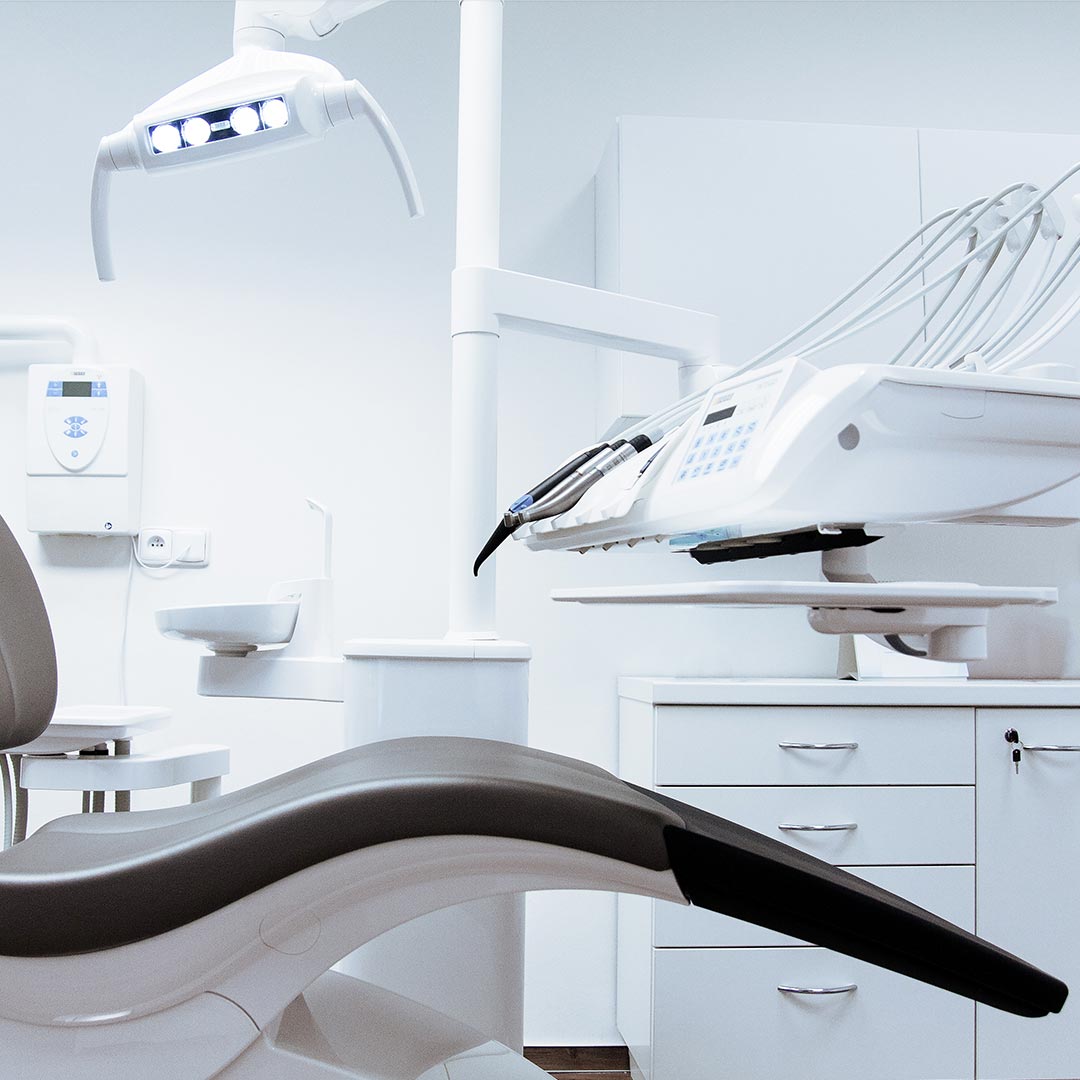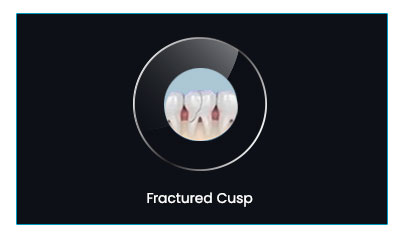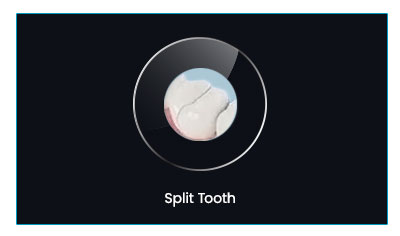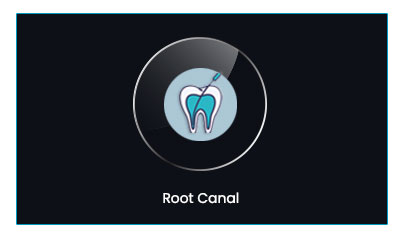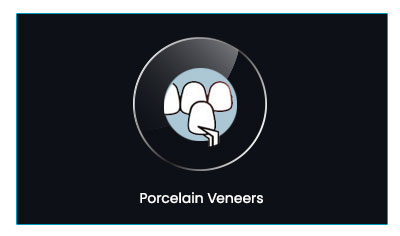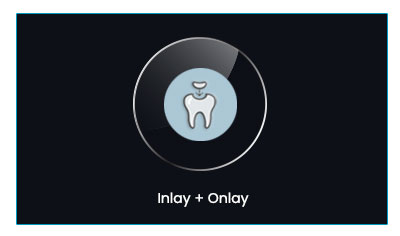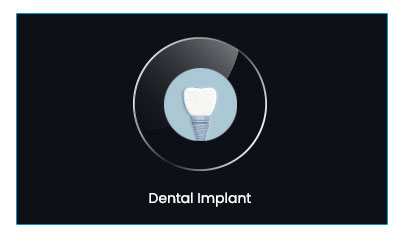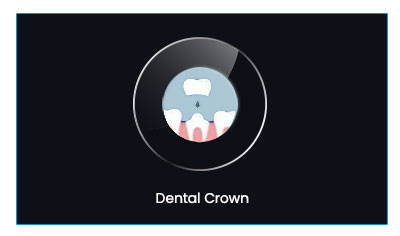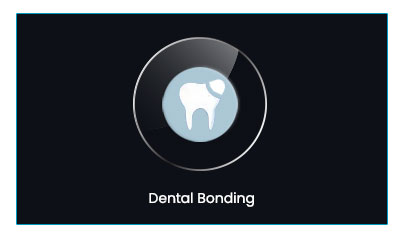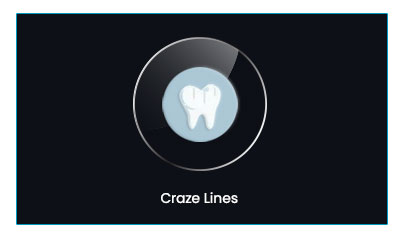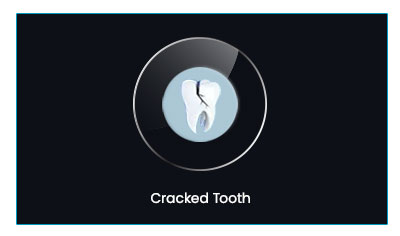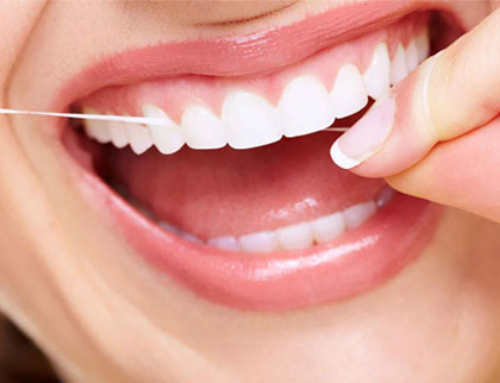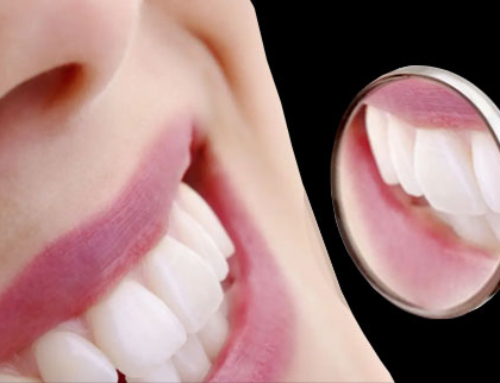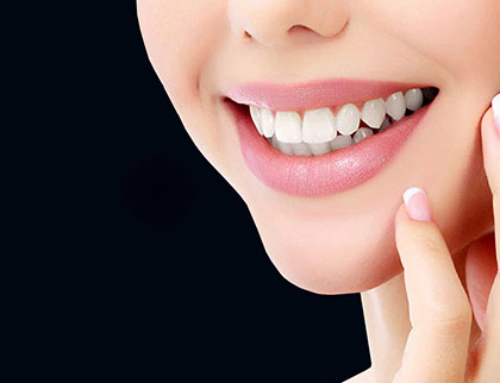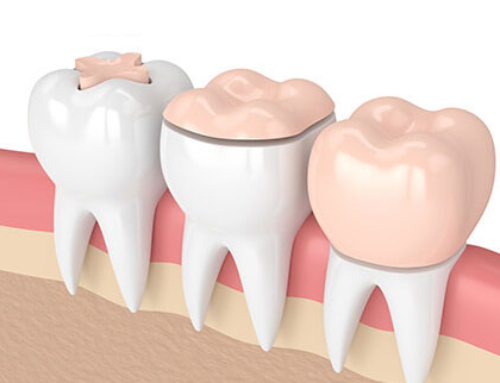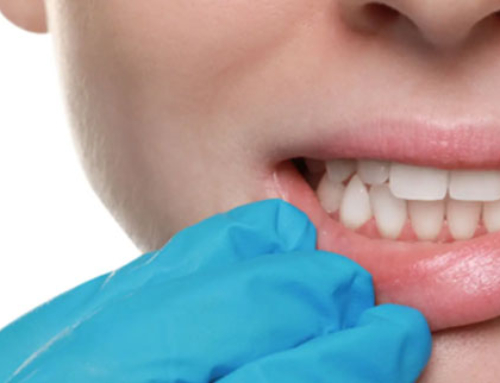Dental emergencies may occur unexpectedly and require immediate attention to prevent further complications. Common emergencies include severe toothaches, broken or chipped teeth, knocked-out teeth, and abscesses. In the event of damage, you can help to identify the crack (Refer to images carousel). It’s crucial to contact a dentist right away if you experience any of these issues.
When experiencing extreme pain you can the manage with over-the-counter medications, applying cold compresses to reduce swelling, and preserving any broken pieces of a tooth can help mitigate discomfort and prevent further damage. Prompt treatment is essential to ensure the best possible outcome for your dental health. Plus, you may even save the ‘tooth’.
Extraction
QDC assess the damaged tooth for the best possible solution, often-times it is recommended to remove the tooth causing trouble. Before extracting, we take an x-ray to assess the complexity of the damage. This helps to determine the depth of the break, or damage. In more complex cases, we will ask our trained specialist to have the tooth removed.
Root Canal Treatment
With infected teeth, the pain can be extreme. Signs that you might have a dental infection:
✔ Pain on biting
✔ Pain on eating or drinking hot and cold things that lasts a long time
✔ Throbbing or constant pain
✔ Pain that is referred somewhere else
✔ Associated gum swelling
Initally we will take an x-ray to ascertain the tooth that is infected and the complexity. Treatment for an infected tooth is generally an extraction or root canal. Root Canal treatments is a series of appointments designed to sterilise and seal the canal in which the nerve runs. This procedure does not need to be painful, and the treatment will let you keep your natural tooth; however, we recommend a Porcelain (Cerec) Restoration or a Crown to be placed on the tooth afterward to hold the tooth together.
Complications of Damaged Teeth
A periapical tooth abscess may occur as a result of an untreated dental cavity, an injury or prior dental work. The resulting infection with irritation and swelling (inflammation) can cause an abscess at the tip of the root. Dentists will treat a tooth abscess by draining it and getting rid of the infection.
Once decay sets in and becomes larger, it may cause symptoms such as:
Toothache and other pain.Tooth sensitivity.Mild to sharp pain when eating or drinking something sweet, hot or cold.Holes or pits in your teeth that you can see.Brown, black, or white staining on any surface of a tooth.Pain when you bite down.
Cavities
Areas in the hard surface of your teeth that become damaged resulting in tiny openings or holes that can lead to a serious toothache, infection, and even tooth loss. Common causes are bacteria in your mouth, snacking a lot, sipping sugary drinks and not cleaning your teeth well. Cavities have become a modern-day health problem, specifically in children, teenagers, and the elderly. Left untreated, they get larger and affect deeper layers of your teeth. Regular dental visits and good brushing and flossing habits are the best ways to protect your teeth from cavities.
Split Tooth
A split tooth occurs when a tooth cracks from its surface down to its root, often causing severe pain and requiring professional dental treatment.
Cracked Tooth
A cracked tooth has a fracture that can cause pain and sensitivity, often requiring professional dental treatment to prevent further damage. To fix the cracked tooth requires bonding, a crown, root canal therapy, or, in severe cases, extraction and replacement with an implant or bridge.
Craze Lines
Are superficial cracks in the enamel of teeth, typically harmless and requiring no treatment. However, to prevent further damage, your clinician will keep a check on it, and ask that if it does start to give you sensitivity then we may need to look at a suitable treatment.
Dental Implant
A dental implant is a titanium post surgically placed into the jawbone to serve as a stable foundation for a replacement tooth. Quality Dental Care will be able to advise you of a suitable treatment:. when a tooth is missing or must be extracted;. or a permanent, durable replacement is needed to restore function and appearance.

